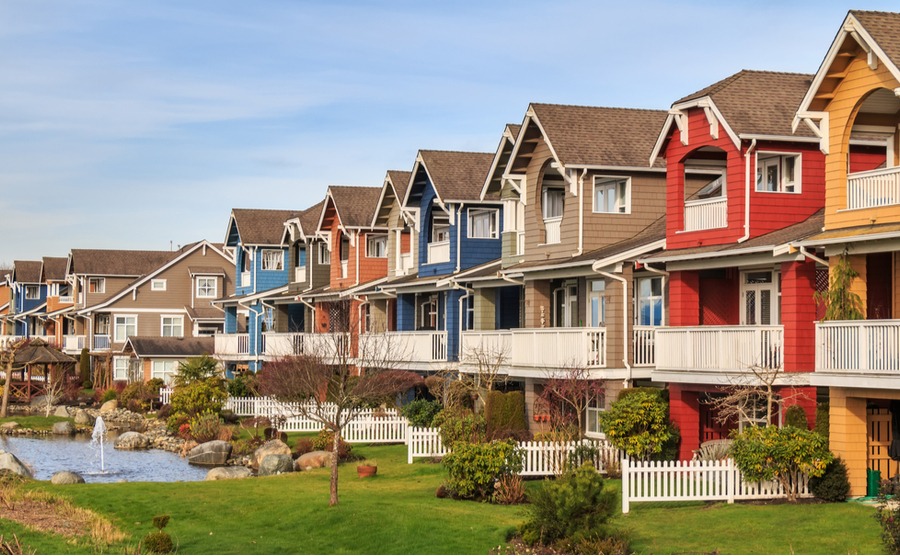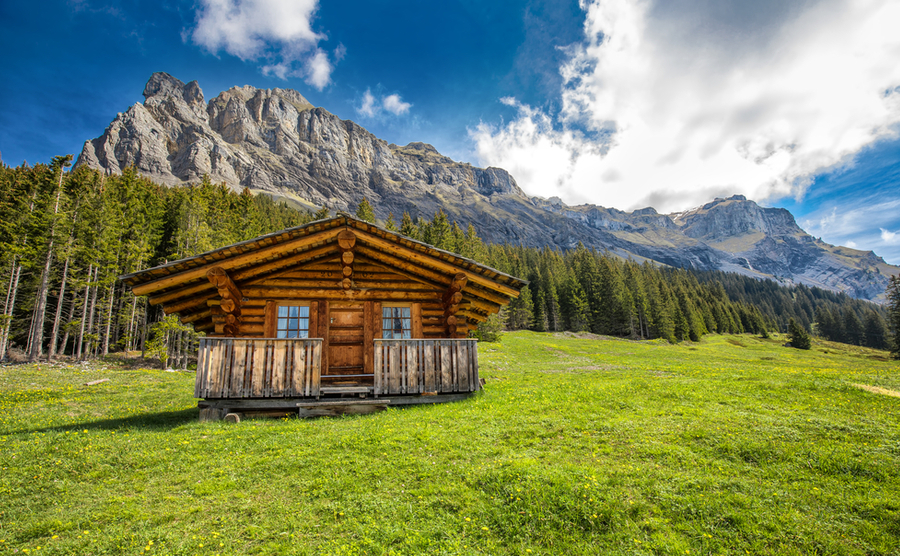For those looking to buy a holiday home, the summer season is the ideal time to make money from your overseas home. Choose your location carefully and adapt your marketing, and you could be booking rentals throughout the year. And in today’s economic climate, who doesn’t need extra income coming in each month? Here are some pointers to help you out.

Rental homes in Canada
Sunshine and seasonality
For readers yet to buy their property, two key indicators for assessing year-round rental performance are seasonality and occupancy levels. Seasonality refers to the difference between the high (busy), mid and low (quiet) seasons while rental occupancy measures the annual bookings of a property.
For maximum rental income, aim for locations that have a negligible low season – i.e. have a steady level of tourism throughout the year, combined with high occupancy rates.
European beach destinations with good infrastructure/ amenities, short transfers and lots of flights, long hot summers and mild winters will always perform well, and so will established winter sun spots, such as the Canaries or Cyprus. Also, look at coastal areas with a good choice of quality golf courses – when the mercury drops a bit and the beaches empty after the summer, golfers come and go steadily throughout the rest of the year. As well as golf, leisure resorts with a range of world-class sports facilities and luxury amenities that are not weather-dependent will also be attractive all year round.

Swiss chalet in summer
Established Alpine resorts are just as popular with active outdoorsy types in the warmer months as they are with skiers in the winter, and are also top rental performers – Covid and lockdowns enhanced the healthy lifestyle appeal of this sector.
Cities that attract international tourists, especially those with a lively beachfront, perform well too – their culture and historical attractions, nightlife, shopping and gastronomy can be enjoyed any time of the year.
Wherever you consider, speak to local agents and establish how seasonal an area is – you’d be surprised how many beach resorts shut up shop for large parts of the year.

Renting during the low-season could be an option
Play the long game
Short-term holiday lets are not your only option for maximizing rental income. If you can forgo stays at your property for a while, consider targeting longer-term renters in the low and mid-season months.
It’s not unusual for foreign retirees, especially those from cooler northern European countries, to escape the cold winters of their own countries and rent a property for three to six months somewhere warm – so-called ‘snow birds’.
The next step could be to rent year-round to a foreign retiree, with the condition they vacate during the summer months – freeing up time for you to visit and optimise rentals during the high-earning peak season weeks. Speaking to a local property management firm will give a clearer idea of feasible options.

Do you have space for a pool table?
Upgrade the interior
Odds are your property is designed to accommodate visitors in the summer season. It could be time to think about making it more appealing during the cooler months, to stand out from rival accommodation. We’re not just talking about a pack of cards and a few tired board games.
Broadband is a must-have these days as many people won’t even look at a holiday let without internet access. Guests will also expect a decent TV, preferably a large flat-screen model. Depending on costs, consider adding SKY or a local Cable option, which will be especially appealing to families.
In short, you can’t have too many indoor entertainment options. If you have the space, perhaps a garage or empty basement, kit it out with some activities, such as foosball, table tennis, darts or gym/exercise equipment. And make sure the kitchen has more than just the basics, including a decent coffee maker!
Be flexible
In peak season when demand is high, you can afford to stand firm on price and minimum booking time. But when you need to work harder for bookings, it’s wise to be flexible. Low-season prices need to be attractive and affordable, but still leave you a small profit. Be open to any length of stay – it’s better to have any booking than none. You could offer incentives – book three nights and get the fourth one free, or whatever works. Research what your direct competitors are charging, especially those that are attracting the most bookings.

Streamline your marketing online
Streamline your marketing
Start by making sure you are maximizing all available platforms for promoting your property and its low-season availability. To recap, your options include speaking to friends and family, listings on Airbnb and other websites, local press and community noticeboards, social media sites, a bespoke website for the property and going through a local property agency.
Adapting your marketing material, including photos and content, so it highlights the property’s appeal during the low season months is also worthwhile. When doing this, think about who your target market might be and make it attractive to them – typically retirees, digital nomads or adult groups on organised trips, such as golf or walking.
Hopefully these tips and tricks will help you draw interest to your holiday home and help you up your income by making a few small changes to your marketing.

